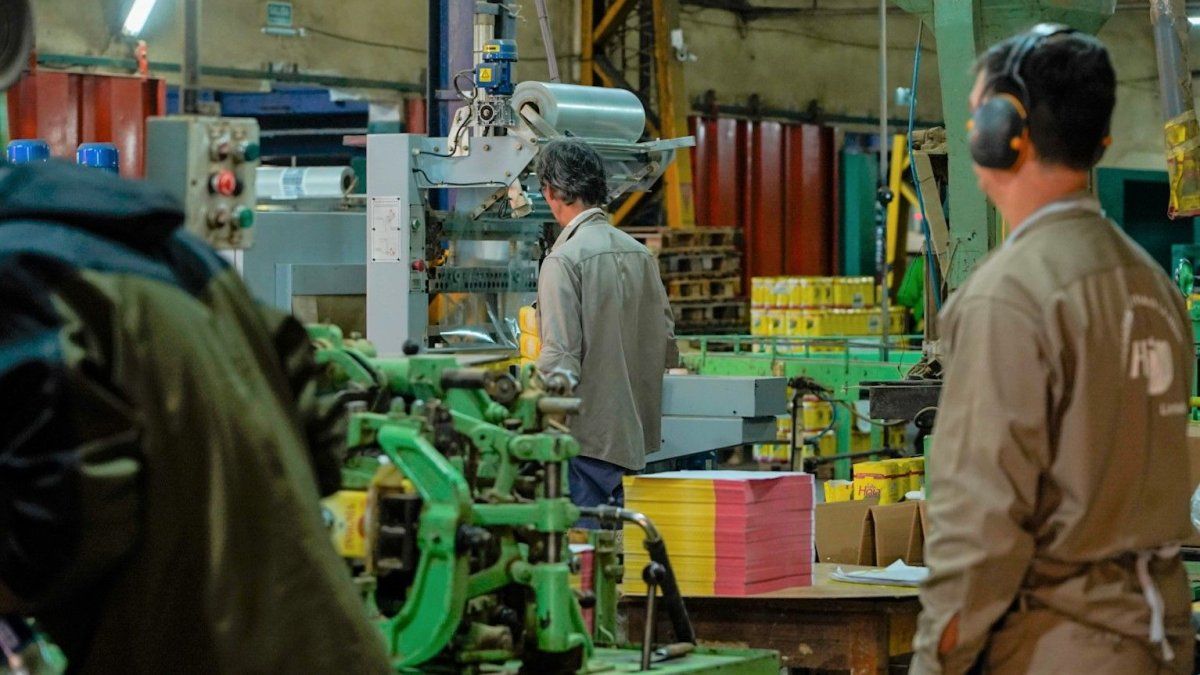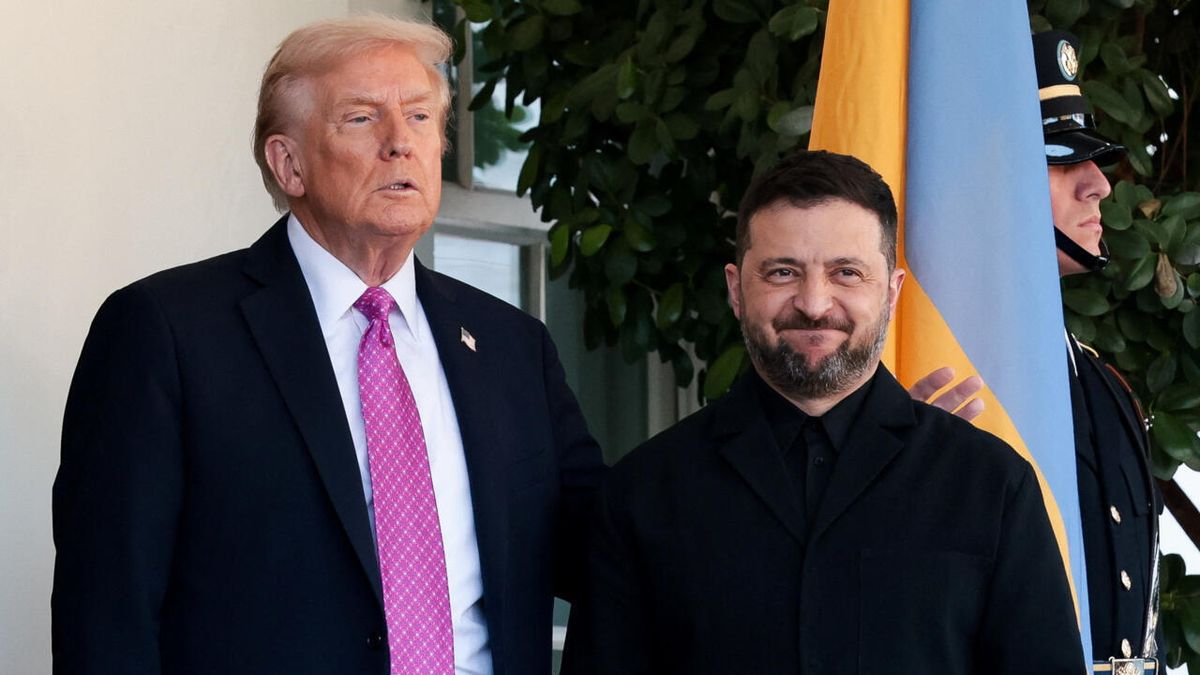The Secretary of Industry, Juan Pasos, confirmed that the Government is going to launch a General Incentive Regime for Large Investors (RIGI) for SMEs. He said it will be for “incremental” investments and will include accelerated amortization.
“We are working on a productive investment regime with accelerated amortization and a specific VAT regime” Pasos said in a public talk he had with the president of the Argentine Chamber of Steel (CERO), Martín Berardi, at the close of the international meeting.
The official announced that the benefits expected for the SMEs that enter the future scheme “will be for incremental investments“because in this way it would avoid affecting the government’s current tax revenues, while indicating that one of the sectors that can benefit from this will be agricultural machinery.
Despite coming from a government in which trade openness and market policies are being valued, Paso said he “shares the view” that the steel sector has regarding the agenda for the Argentine industry in particular and for the sector at the regional level.
For now, although he did not anticipate that Javier Milei’s government will implement protection measures as requested by industrialists, he expressed that “Any fiscal improvement that there is will be used to reduce taxes.”which is one of the elements demanded by the productive sector.
step.png
Juan Paso, during the public interview given to him by the president of Acero, Martín Berardi.
Berardi’s request in public regardingThe RIGI for SMEs has a reason, and that is that since it is aimed at investments of a minimum of US$200 million, it leaves out the supply chains that can be generated in the country. In order to enter the big game, the small company has to make its own investments in equipment modernization, but for much lower amounts.
The Secretary of Industry recalled that in his private activity he comes from the textile industry, and therefore This considers that it understands the reality of the industries, who are generally bothered by tax increases, especially at the provincial and municipal level.
On the other hand, and in reference to the integration processes, he said that ““Mercosur is one of the most closed blocks in the world.” Although in that sense, he expressed confidence that a final agreement could be reached with the European Union to open that market to products from the bloc, which could break that isolation.
Nearshoring will be important in the region
For steel industrialists, changes at the level of global politics following the conflict between Russia and Ukraine and the most recent one between Israel and Iran promoted a relocation of global suppliers. Big companies now They want their supplies to be close to the sea and can arrive without problems.. And for this reason it is assumed that Latin America can play an important role that allows the industrialization of countries. The term used now is “nearshoring” or “friendshoring”.
In that sense, from the business chamber, Berardi insisted that the government has carried out “a first stage” of resetting the economy, which he described as “successful”, especially in terms of stabilizing inflation through fiscal adjustment. However, he indicated that “that is not enough” and that there has to be a “stage 2” that allows investment and growth.
In this regard, rconfirmed the proposal made the previous day by the president of the Techint group, Paolo Rocca, that “the exchange rate must reflect the productivity of the economies.” Basically, based on what determines the supply and demand of foreign exchange in the commercial exchange and not by the variations that capital flows may cause. In fact, currently, the fall in the price of the blue dollar and financial currencies is more related to capital flows than to commercial flows.
Source: Ambito




